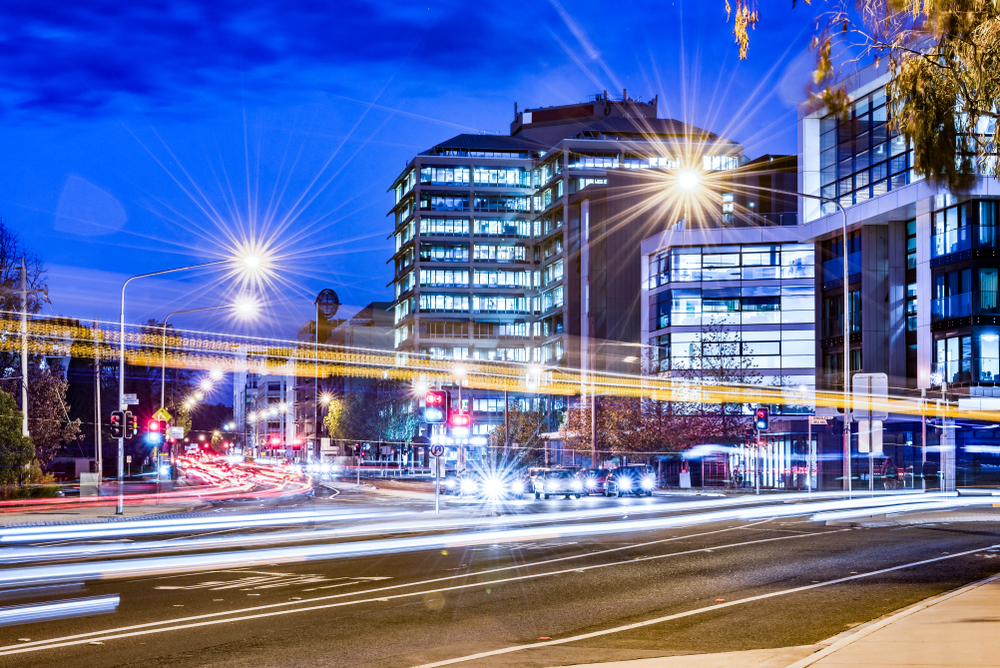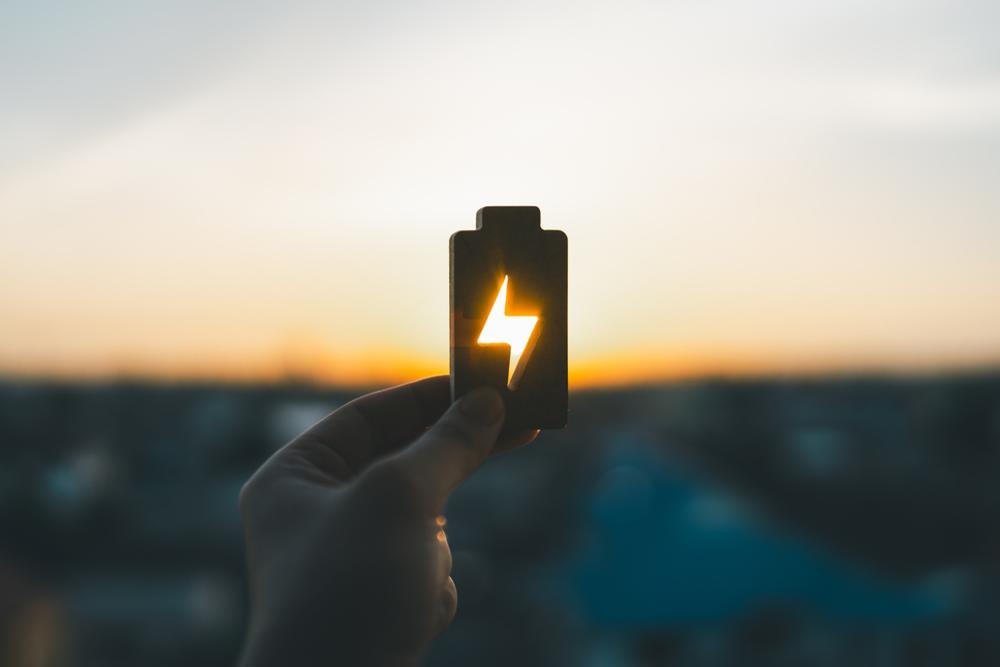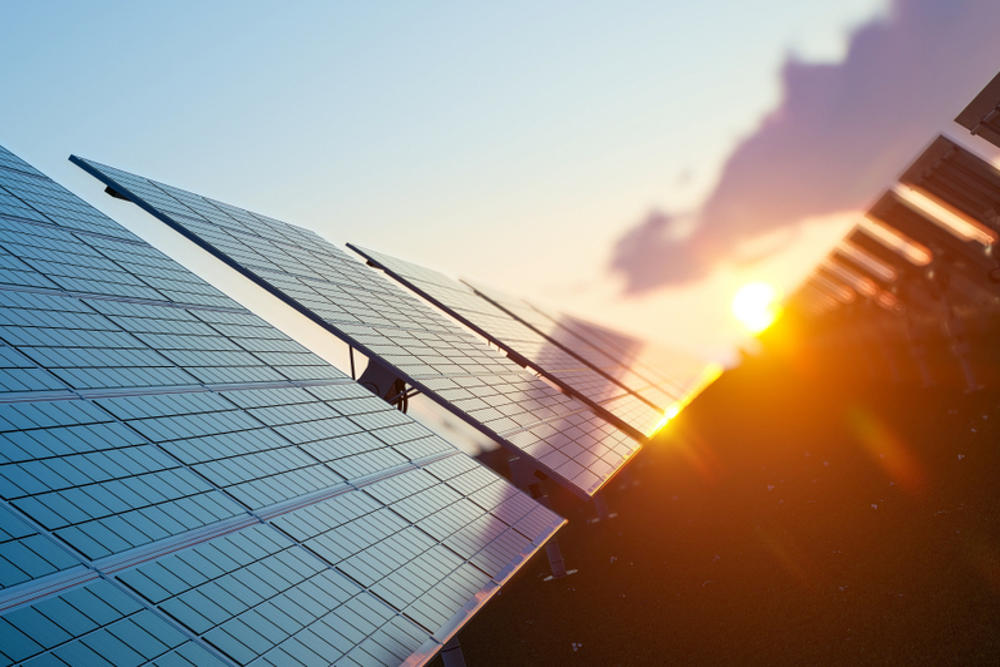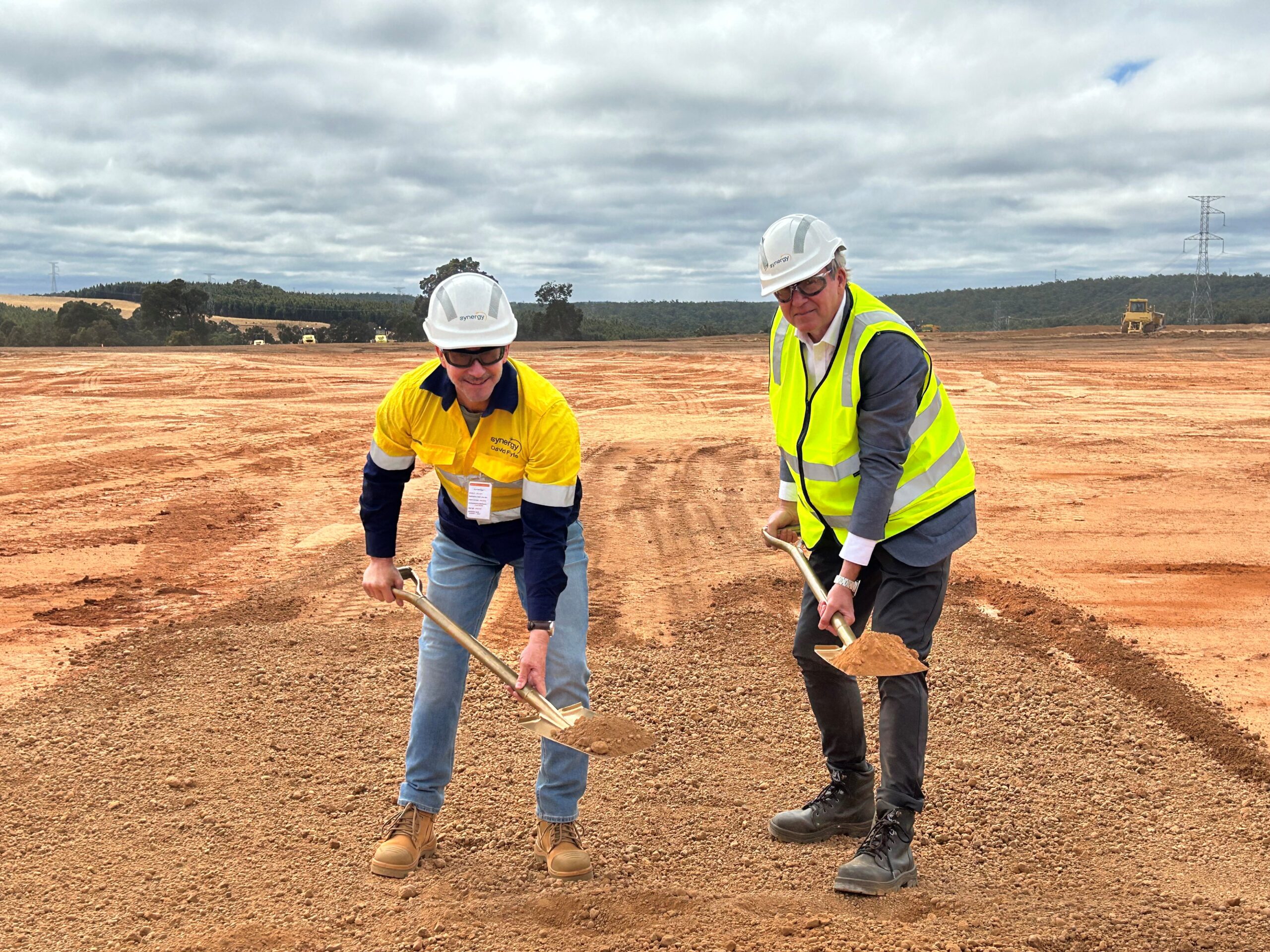
Canberra is set to benefit from a modern and environmentally friendly public transport network, with the Australian Capital Territory (ACT) Government outlining plans this week to purchase electric buses, create jobs, opportunities for local energy providers and a clear strategy to ensure the right infrastructure is built to support the fleet.
On Wednesday, Minister for Transport Chris Steel said the ACT is leading the nation when it comes to managing climate change and the environment.
“We are the first jurisdiction outside Europe to reach 100 per cent renewable electricity, and now we need to tackle the largest source of emissions, transport, which makes up over 60 per cent of the ACT’s net emissions, including emissions from public transport.”
“The Zero-Emission Transition Plan for Transport Canberra articulates how we will transition our bus fleet by 2040. We think this can actually be achieved by 2037 or earlier as technology improves,” Mr Steel said.
The plan will see the current aging buses powered by fossil fuels phased out and replaced with modern battery-electric buses powered with the ACT’s 100 per cent renewable electricity. This will be timed with plans for electric charging infrastructure and new depots to support the growing fleet of zero-emission buses.
“The analysis undertaken shows that 78 per cent of the current Transport Canberra bus routes can be serviced by current battery-electric bus technology, our network is ready for the future with a zero-emissions fleet,” Mr Steel said.
“Infrastructure is critical to enabling this transition. We have a strategy to build more bus depots to support a zero-emissions fleet and then upgrade the existing depots to electric over time.”
Mr Steel said the plan recognises that a just transition for workers is of key importance, with operational staff like diesel mechanics being supported to acquire the new skills they need to work on the new electric fleet.
“We will work with the education, skills and training sector as well as private industry to build and train our workforce, support the regional economy and allow the Territory to export learnings to other jurisdictions,” he commented.
The Zero-Emission Transition Plan for Transport Canberra has been informed by advice from consultants WSP and an expert steering committee with representatives including Simon Corbell from Energy Estate, Professor Peter Newman from Curtin University, Dr Lachlan Blackhall from ANU, Matt Boothe from the US Center for Transportation and the Environment as well as John Stewart for the Australian Manufacturing Workers’ Union.
Minister Steel added that Transport Canberra will explore partnership opportunities with local energy providers to supply energy for their zero-emission bus fleet.
“Aside from the obvious benefits to the environment, the community will also benefit from a modern, clean, public transport system and our transport interchanges will be cleaner, quieter and more attractive places that are better for people,” he concluded.
More information on the plan can be found here.












